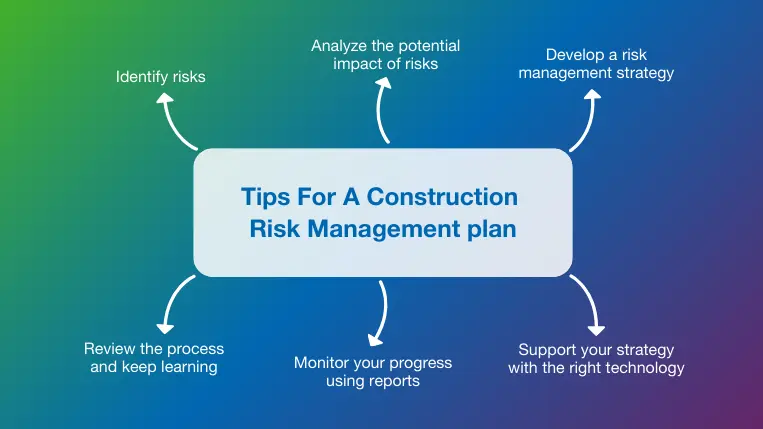How the Importance of Risk Management Promotes Successful Project Outcomes
The Importance of Comprehending the Value of Risk Management in Different Industries

The Core Concept of Risk Management and Its Function
Risk Management, the foundation of many industries, rests on the identification, assessment, and mitigation of unpredictabilities in a service environment. It is an integral technique that permits organizations to secure their possessions, track record, and overall survival. By correctly recognizing possible dangers, companies can develop techniques to either avoid these dangers from taking place or decrease their influence. The assessment procedure entails evaluating the possibility and potential intensity of these risks. The mitigation procedure includes developing methods to decrease their potential influence as soon as threats have actually been recognized and evaluated. This procedure is continuous and cyclical, making sure that companies are planned for the ever-changing nature of Risk in different sectors. The key purpose, hence, is to cultivate strength among uncertainties.
Advantages of Applying Risk Management in Company Operations

Revealing the Function of Risk Management in Different Industries
While every industry faces its one-of-a-kind collection of risks, the application of Risk Management strategies continues to be a common in their pursuit of sustainability and development. In the medical care industry, Risk Management requires making certain client safety and security and data defense, while in finance, it involves mitigating investment dangers and guaranteeing regulative conformity (importance of risk management). Building business concentrate on employee safety and security, project hold-ups, and spending plan overruns. In the technology market, companies mitigate cybersecurity hazards and modern technology obsolescence. Inevitably, the duty of Risk Management across markets is to recognize, assess, and mitigate dangers. It is an important Related Site component of strategic preparation, making it possible for companies to secure their assets, take full advantage of opportunities, and achieve their purposes.
Real-life Case Studies Demonstrating Effective Risk Management
To comprehend the importance of Risk Management in these several industries, one can look to numerous real-life circumstances that highlight the successful application of these procedures. As an example, in the energy sector, British Oil developed Risk reduction prepares post my review here the 2010 Gulf of Mexico oil spill. They applied better safety and security treatments and more stringent guidelines which significantly decreased additional mishaps. In financing, Goldman Sachs effectively navigated the 2008 monetary dilemma by recognizing potential mortgage-backed safeties threats early. Lastly, Toyota, post the 2011 quake in Japan, changed its supply chain Management to reduce disturbance risks. These cases show how markets, picking up from situations, effectively used Risk Management strategies to reduce future risks.
Future Trends and Advancements in Risk Management Techniques
Cybersecurity, once a peripheral worry, has actually catapulted to the forefront of Risk Management, with methods concentrating on avoidance, discovery, and action. The combination of ESG (Environmental, Social, Governance) elements into Risk Management click here for info is another expanding trend, showing the increasing recognition of the role that social and environmental dangers play in organization sustainability. Therefore, the future of Risk Management lies in the fusion of innovative technology, innovative strategies, and an alternative approach.
Final thought
In final thought, comprehending the relevance of Risk Management across a spectrum of industries is crucial for their long life and success. Eventually, effective Risk Management contributes to a lot more resilient and sustainable services, highlighting the significance of this technique in today's dynamic and highly competitive organization setting.
While every market confronts its unique collection of risks, the application of Risk Management approaches stays a typical in their pursuit of sustainability and growth. In the health care sector, Risk Management entails ensuring person safety and security and information defense, while in financing, it entails mitigating financial investment dangers and making certain regulative conformity. Eventually, the function of Risk Management throughout markets is to identify, evaluate, and reduce threats. These cases show just how sectors, finding out from crises, effectively used Risk Management strategies to decrease future dangers.
